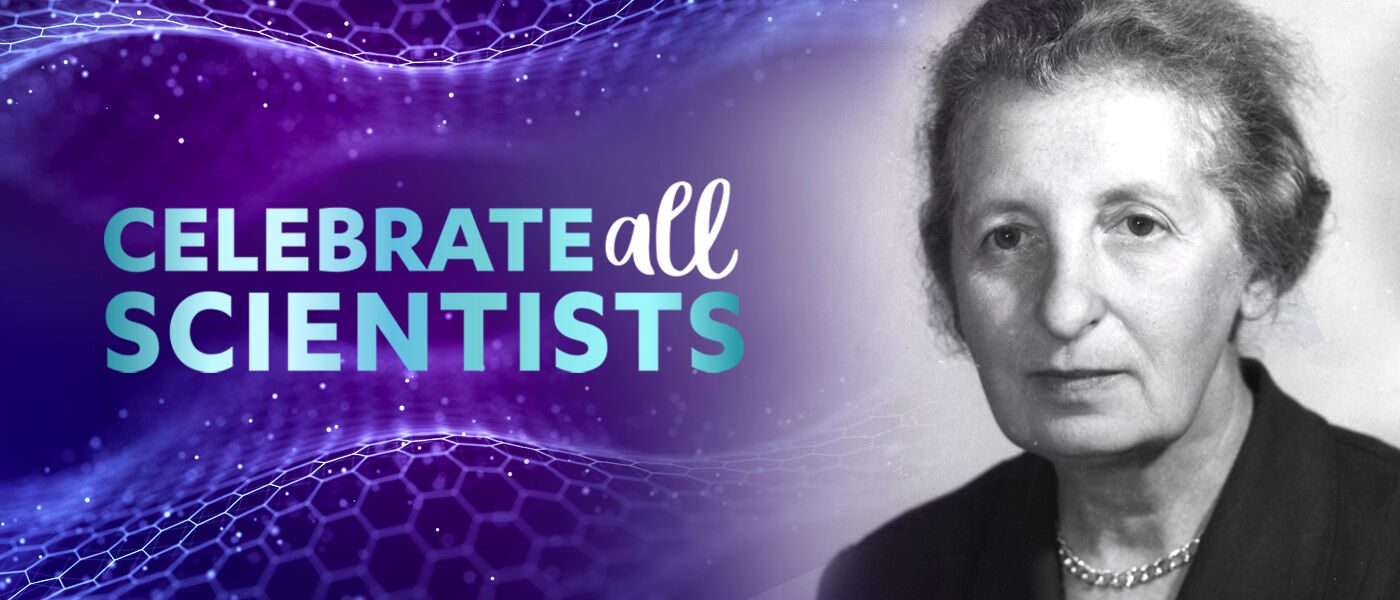Celebrate All Scientists: Elizabeth Rona

International Holocaust Remembrance Day is Jan. 27, and today LSC is celebrating nuclear chemist Elizabeth Rona.
Elizabeth Rona (1890 – 1981) was a Hungarian nuclear chemist known for her work with radioisotopes. Rona’s father was a doctor, and she wanted to be one too. However, her father was concerned about her ability to succeed as a female doctor, so he encouraged her to pursue a career in chemistry instead. Following her father’s advice, Rona studied chemistry and earned her Ph.D. at the University of Budapest in 1912.
As Rona navigated her career and the troubled world plagued by anti-Semitism, she moved from lab to lab and country to country. She worked with several chemists and radiochemists, most notably George von Hevesy, who went on to receive Nobel Prizes for their research using radioactive versions of elements as tracers to explore chemical reactions. Radioactive tracers are still used today to aid in diagnosing conditions like cancer and heart disease.
Increased Nazi activity forced Rona to flee to the United States in 1941. She was granted a Carnegie Fellowship to expand her research on polonium extraction. To aid in the war effort, she shared her methods for concentrating polonium with the United States to aid in the Manhattan Project.
Rona eventually became a nuclear chemistry professor at the Oak Ridge Institute of Nuclear Studies and the Institute of Marine Sciences at the University of Miami, where she continued work on the geochronology of seabed elements and radiometric dating she started decades before.
Elizabeth Rona was a survivor in every sense of the word. She survived world wars, anti-Semitism, and decades of exposure to early radiochemistry. She worked on radioactivity for nearly six decades. She died at the age of 91, outliving many of her colleagues who suffered from work-related conditions, such as cancer. In her 1978 book, “How It Came About,” Rona credited her careful lab practice—masks, gloves, and other protective gear—for shielding her from the worst effects of radiation.
Click here to learn more about International Holocaust Remembrance Day.
